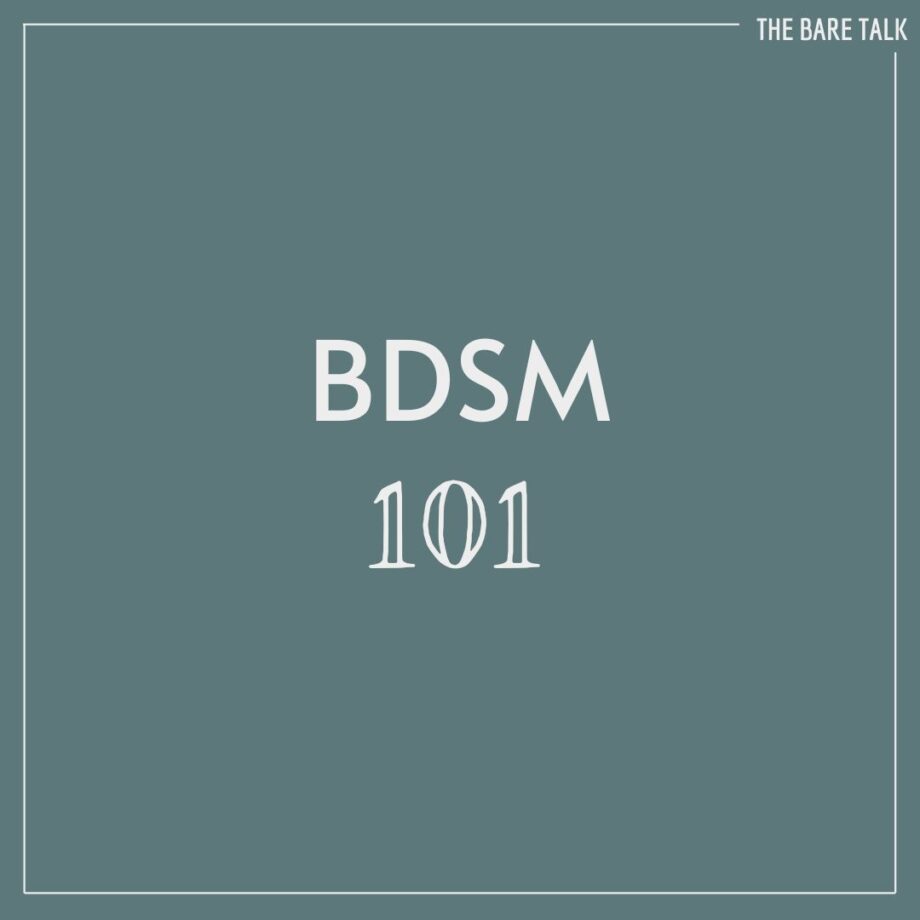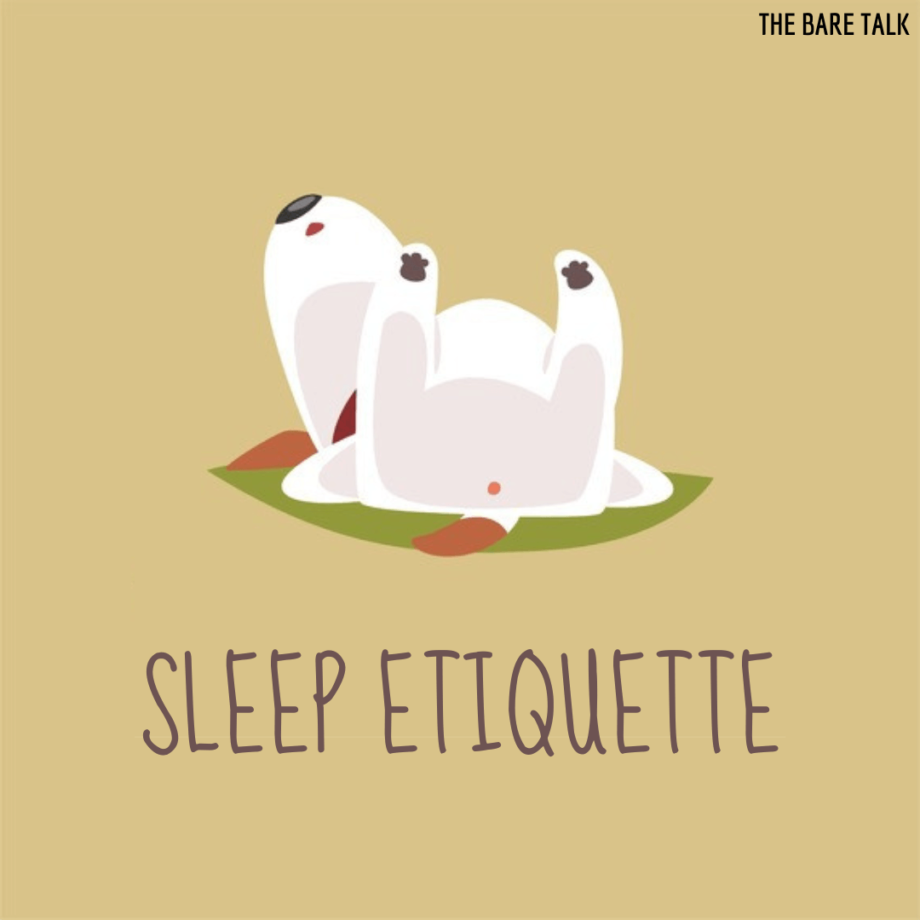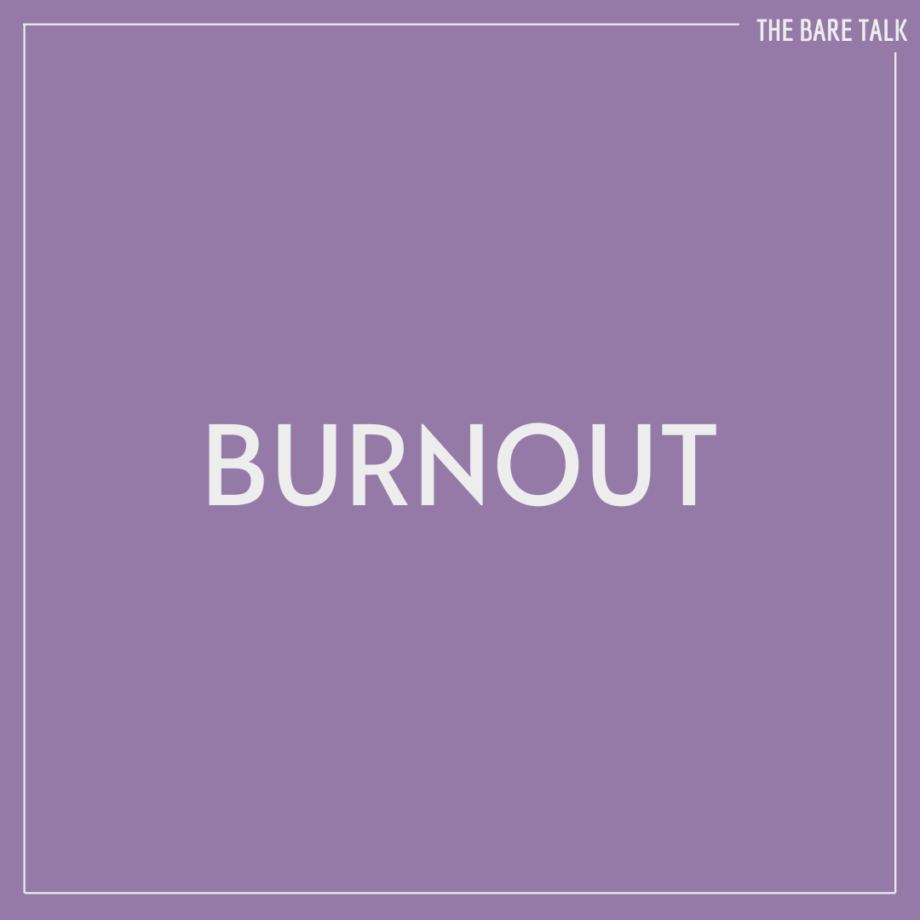In today’s world, we are already occupied by many thoughts, constant anxieties eating us alive, the rules of society, the culture; and the fact that one can’t be true to themselves, is disheartening. One would have hoped, in the 21st Century, humans would have have more of an open mind and be more empathetic outlook towards each other, but there is still a less tolerance for sensitive topics like human sexuality and gender.
According to Christopher Ryan, (2014) in ninety-five percent of human history, sexuality has been a way of establishing and maintaining the complex flexible social systems, networks, which our ancestors were very good at. He adds, “in hunter-gatherer societies, there were overlapping sexual relationships between members of a community, which was a more fluid system than the Victorian model we follow today. In fact, several contemporary societies around the world still argue for this ancestral model.”
Then why are terms like sex, gender roles, and/or sexual orientation still taboo topics in society? And it’s role in mental health still being largely misunderstood. Is it just that we might be too scared to accept ourselves? Or is it the fact that we may be depreciating as a society in general? The answers are very subjective as well as hard to understand. But here we are, trying to comprehend how these basic aspects of someone’s life can create such a huge dilemma in the lives of others.
We often think of sex as something we do, but the most sexual organ in our body is our brain. It’s important to realize, that for any gender, our thoughts and feelings play a vital role in the kind of people we are attracted to and maintain that attraction. These are aspects we can change and modify over time, however, what we cannot choose is the gender we feel attracted to (or lack thereof). Abhijit Naskar said in his book, ‘Either Civilized or Phobic: A Treatise on Homosexuality’ (2017), ” Love has no gender – compassion has no religion – character has no race.”
For humans, sexuality can be an important and cherished part of their lives. Whether it is expressed to someone or kept within ourselves; being aware of oneself is, in itself, a source of meaning and pleasure in life.
It’s due time we emphasize the role of a person’s mental health in their life and areas it can be influenced by, including sexuality. Even though a dominant heterosexual tendency has always been a basic requirement for the progression of society, we cannot overlook all the passionate LGBTQ+ individuals that have helped build this society, in many other ways. Moreover, with the advancement in science, being in the LGTBQ spectrum does not simply imply an inability to reproduce.
Misunderstanding and stigma can create a bubble of insecurity around any individual, resulting in not allowing them to achieve their full potential. This can been seen in a study by Chatterjee (2014), “The lack of social recognition has an effect on the capacity of LGBT community to fully access and enjoy their rights as citizens. They are more likely to experience harassment, discrimination, intolerance, and the threat of violence due to their sexual orientation than those that identify themselves as heterosexual.”
According to the National Alliance on Mental Illness (NAMI), LGBTQ individuals are also three times more likely to experience mental health conditions such as generalized anxiety disorder or major depression. The fear of being discriminated, stigmatised, coming out and confusion about one’s sexual orientation and gender identities, may also lead to post-traumatic stress disorder (PTSD), substance abuse, etc. Moreover, LGBTQ youth are four times more likely to engage in self-harm, experience suicidal thoughts or attempt suicide at some point in their life.
Is it important to assess how we are contributing to the stigma and prejudice? Is it our inability to be sensitive and perceptive lending itself to their mental health concerns ? Do they not deserve to live a life feeling loved, safe and happy?
As Julia Serano states in Gender Outlaws (2010), “It’s easy to fictionalize an issue when you’re not aware of the many ways in which you are privileged by it.”
Adaptation is the key to continual growth of any society. Keeping an open mind and being aware of needs of those around us would not only help us be better humans, but help also those around us to be psychologically healthy.
The task is not difficult. It is not difficult to look past gender & sexuality and see a fellow human. A small simple change in one’s mindset, can help make the lives of so many struggling individuals slightly better.



